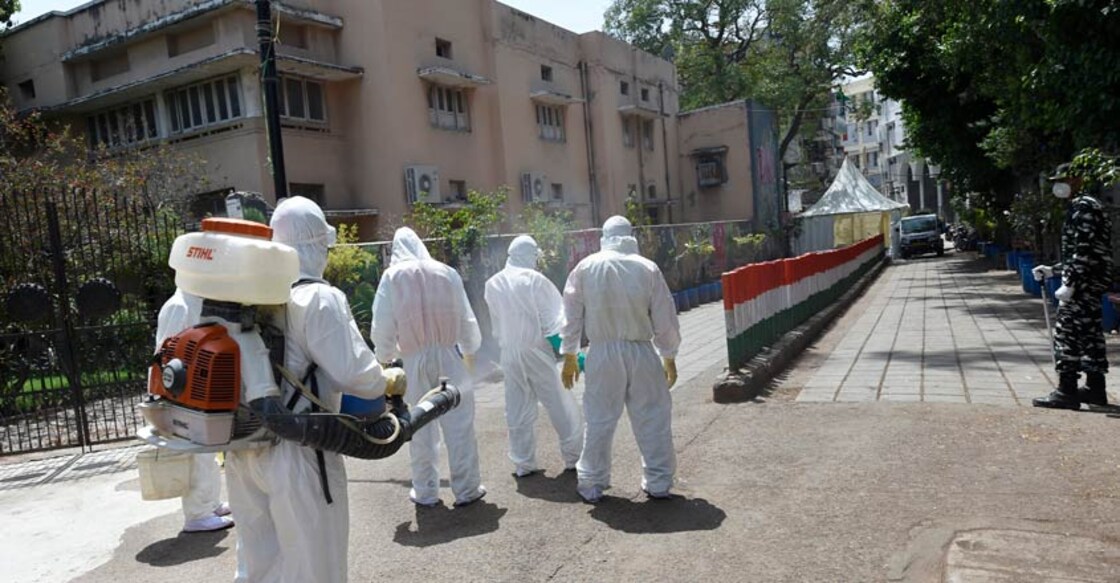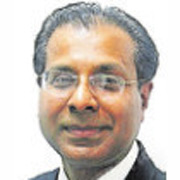Column | There are no shortcuts to prevent COVID-19 epidemic

Mail This Article
If my personal experience in fighting AIDS in Africa, influenza and MERS in Saudi Arabia and Ebola in Liberia has taught me anything, it is the fact that there are no shortcuts in preventing an epidemic. Like any epidemic, COVID-19 requires three things to prevent its spread.
1. Keep a safe distance from others. Epidemics spread from the others.
2. Rely only on science and established facts.
3. Discharge your duties and help others perform their responsibilities.
It might take several months before COVID-19 is contained. When you come across a person showing the symptoms of coronavirus infection, bear in mind that the person might have passed on the virus to several others around him. We have to devise prevention strategies with utmost care.
While the death toll spiked in New York and Italy, countries such as Singapore and South Korea have been relatively successful in checking the spread of the virus. The spread of an epidemic depends on a lot of factors including population density, family characteristics and social interactions. This makes it all the more crucial for Kerala to be vigilant.
The average family size in Kerala is 4.3, compared with 2.7 in China. About 13 per cent of our population (about 42 lakh) are aged above 60 years. One of the reasons for the shocking death toll in Italy is the ageing population.
Social life is even more vital. This can be assessed by the number of persons a person interacts with in a time period. Kerala is far ahead in this metric.
Test, test and test
Test as many suspected patients as possible. The detection of more patients is a sign of the efficiency of our health care system. It is not necessarily a sign of warning. Our job will be easier if we could trace the persons the patient had come in contact with.
Timely intervention is key in any epidemic prevention strategy. This was evident in the diverging experiences of Saudi Arabia and Iran in their fight against COVID-19. Even before the first COVID-19 case was registered, Saudi Arabia called off the Umrah pilgrimage on February 27. Iran, on the other hand, did not put any restrictions on the Shia pilgrimage to Qom. That worked against them.
The same challenge was faced by the United States and the United Kingdom. New York, which is visited by travellers from all over the world, is also densely populated. These factors have contributed to the spread of the disease.
Bouncing back
We have before us the experience of eradicating smallpox. The once-dreaded virus exists only in a couple of labs in Atlanta and Moscow. The specimens have been kept as a defence in case the virus reappears.
At the same time, AIDS is still a menace even 40 years after the detection of the disease. Influenza vaccine has to be revised each year because the virus is constantly mutating. Polio is yet to be eradicated despite the discovery of a vaccine.
We have to give priority to the prevention of diseases. Kerala has shown a model to the world in its Nipah prevention drive. We can overcome the coronavirus too.
(The writer is a medical epidemiologist in the US Centers for Disease Control and an adjunct professor in various universities. He is originally from Kooriyad in Kerala’s Malappuram district)


